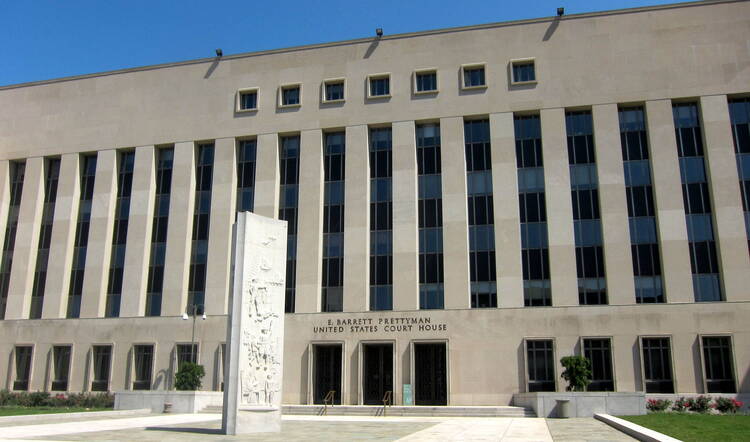In early May, Reuters reported that the secret court established under the Foreign Intelligence Surveillance Act approved every one of the 1,457 electronic surveillance applications the government brought before it in 2015. This continues a remarkable streak for the government; the FISA court’s last denial was in 2009. According to data collected by the Electronic Privacy Information Center, the court has denied surveillance orders only 12 times since 1979, with an overall approval rate of 99.97 percent. Reuters did, however, report a slight increase in the number of orders the court modified before granting them, from 19 in 2014 to 80 in 2015. There are also many more requests made to companies without court oversight through “national security letters,” which are usually accompanied by a gag order that prevents public discussion of the requests. The Federal Bureau of Investigation used such letters more than 48,000 times in 2015.
The government clearly needs the authority to conduct surveillance, and to be effective that surveillance needs to remain secret. But security must be balanced with some degree of transparency to sustain confidence that these surveillance powers have practical limits and are subject to meaningful oversight. The recognition that the FISA court almost never denies government requests has exactly the opposite effect, unfortunately. This is, after all, the same court that, as Edward Snowden revealed, ordered Verizon to provide records of all phone calls on an “ongoing, daily basis” to the National Security Agency.
It is exceedingly unlikely that only 0.03 percent of government surveillance requests are unjustified or overly broad. The court that oversees these requests would inspire more confidence if it involved some kind of adversarial process that at least occasionally produced adversarial results.








